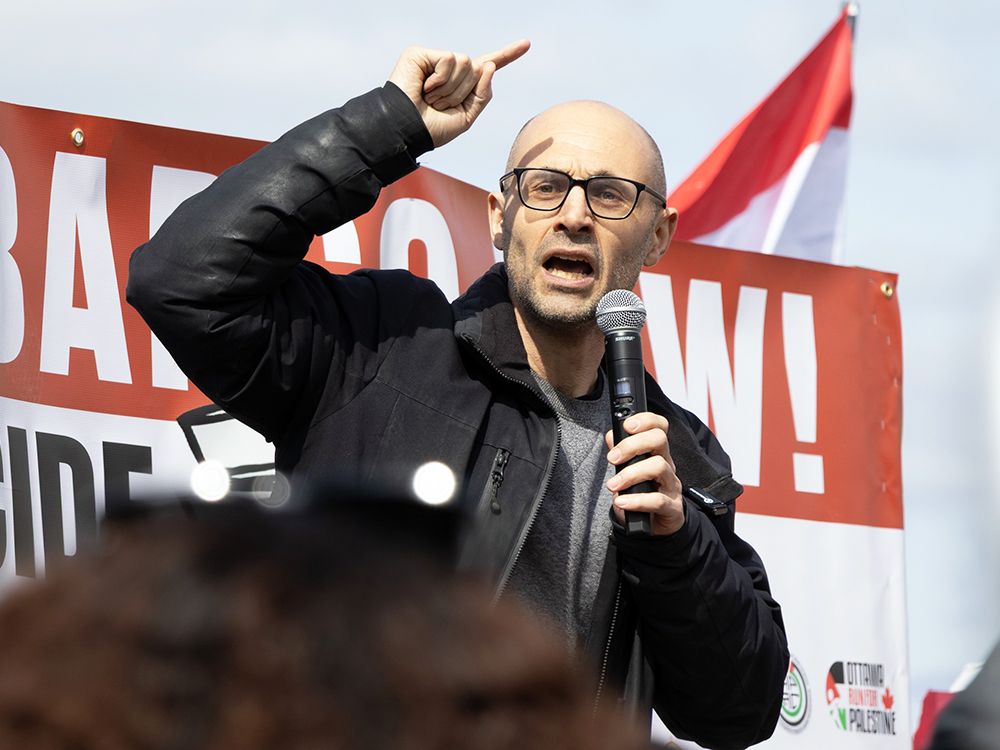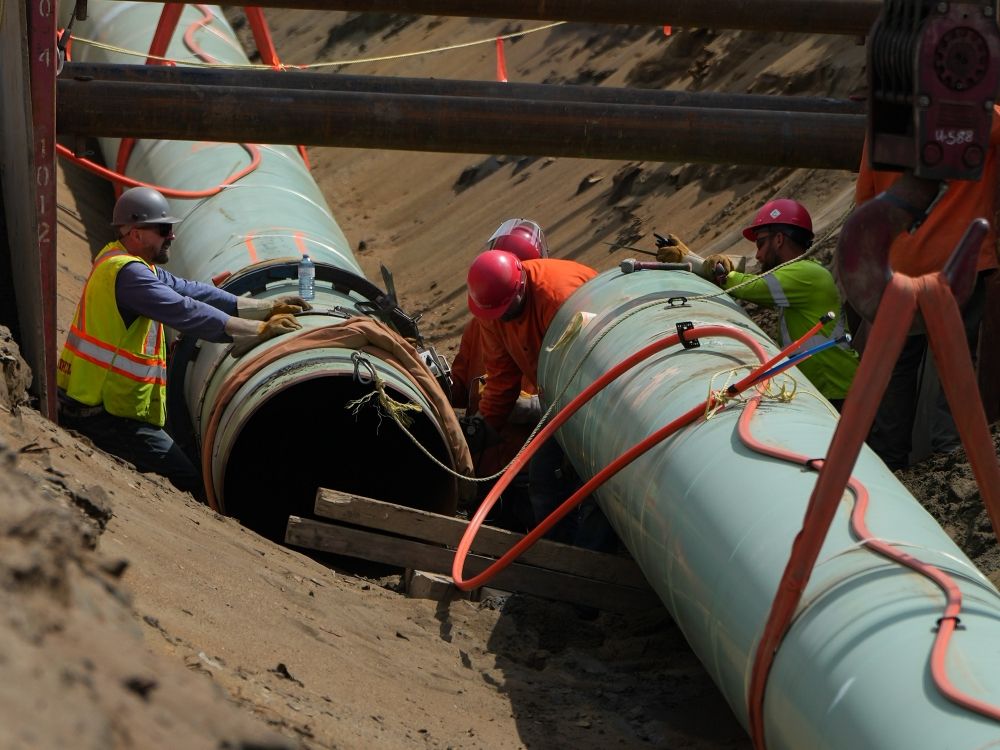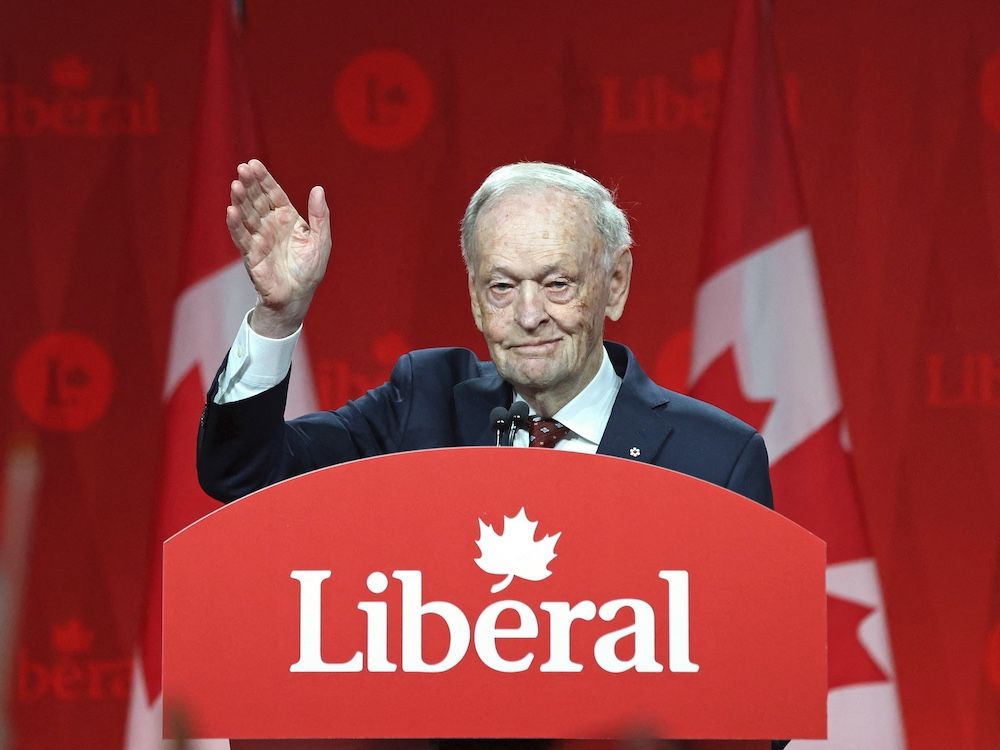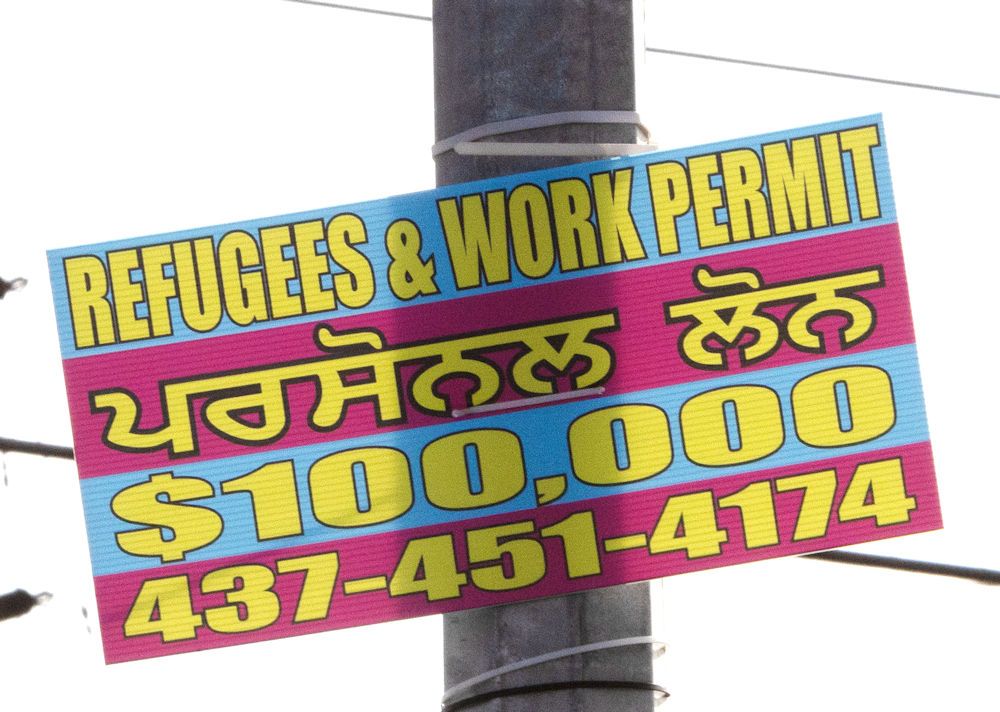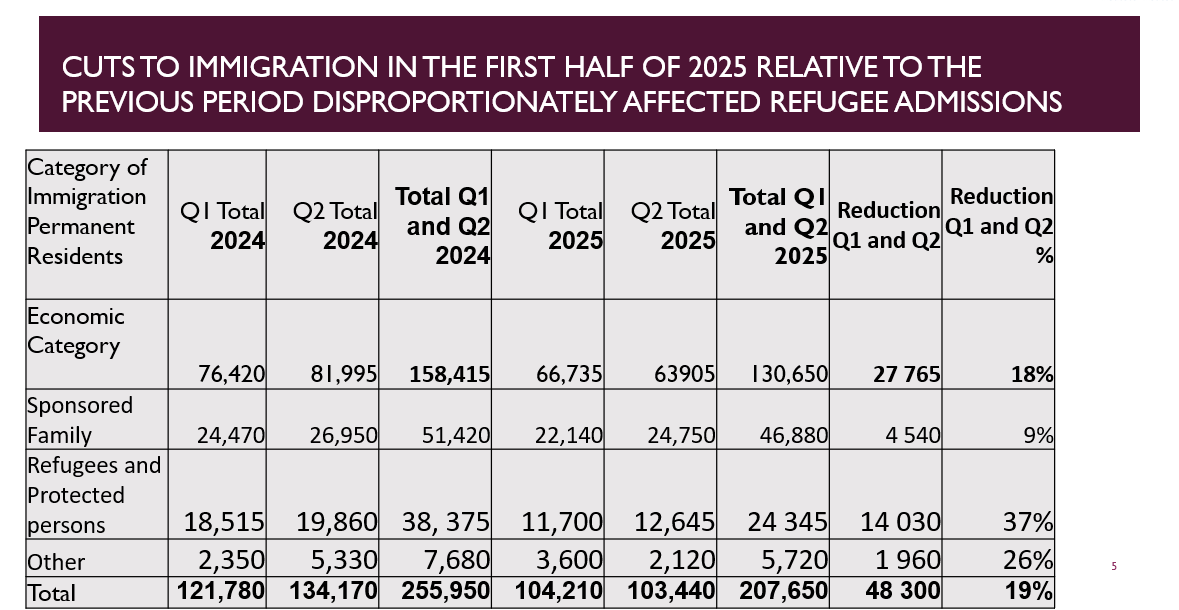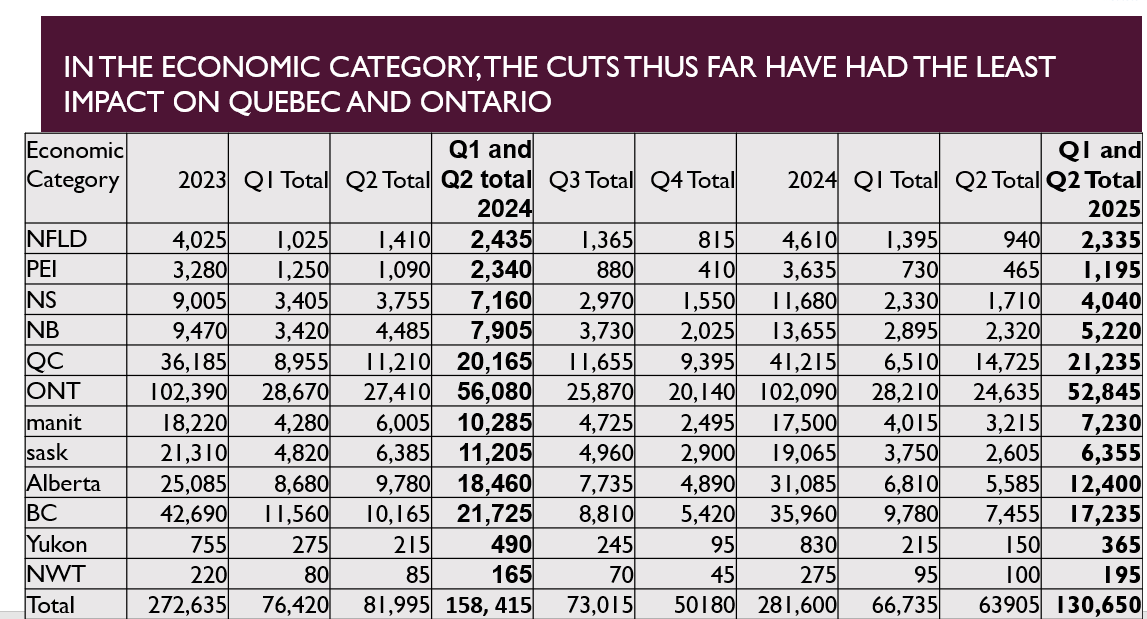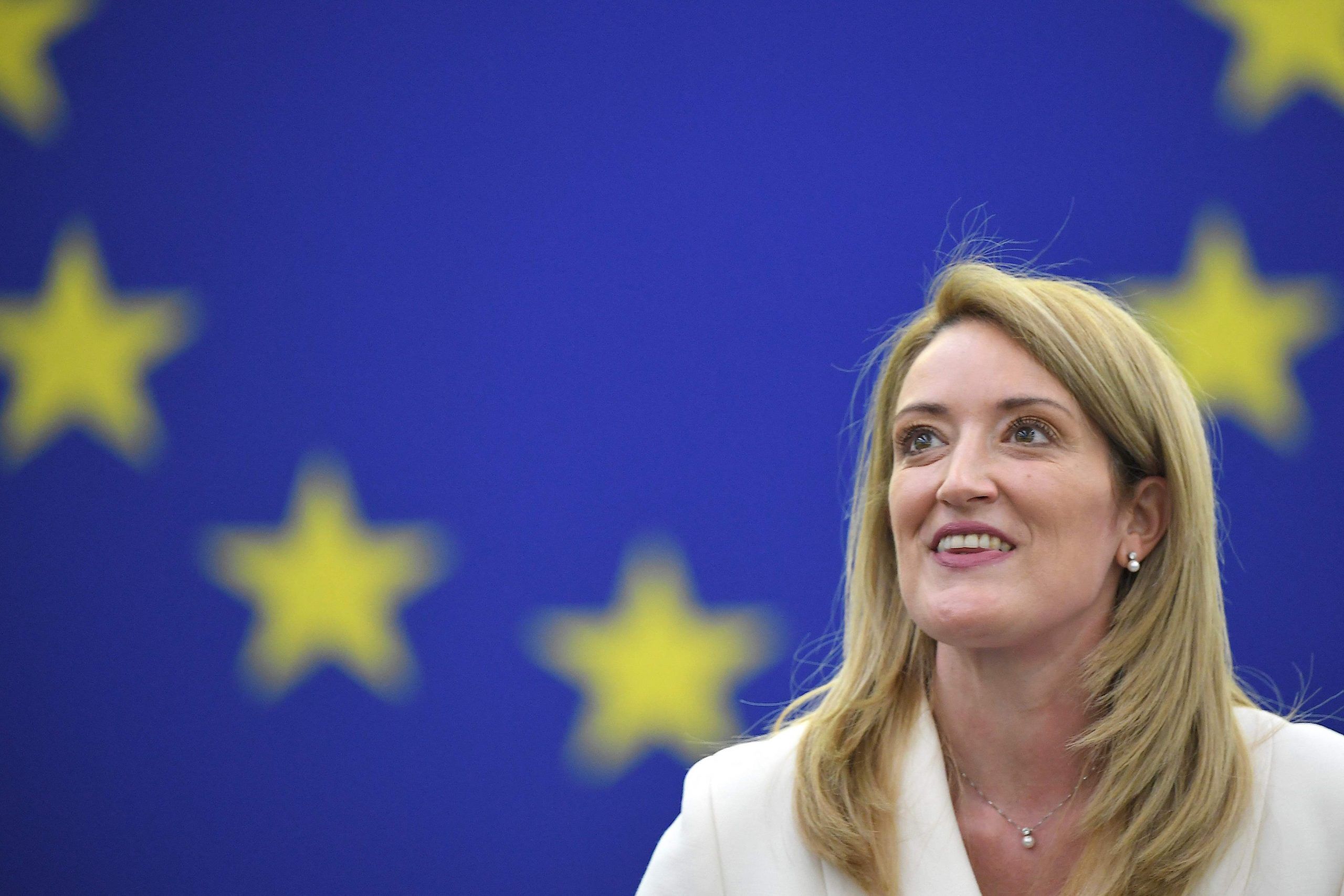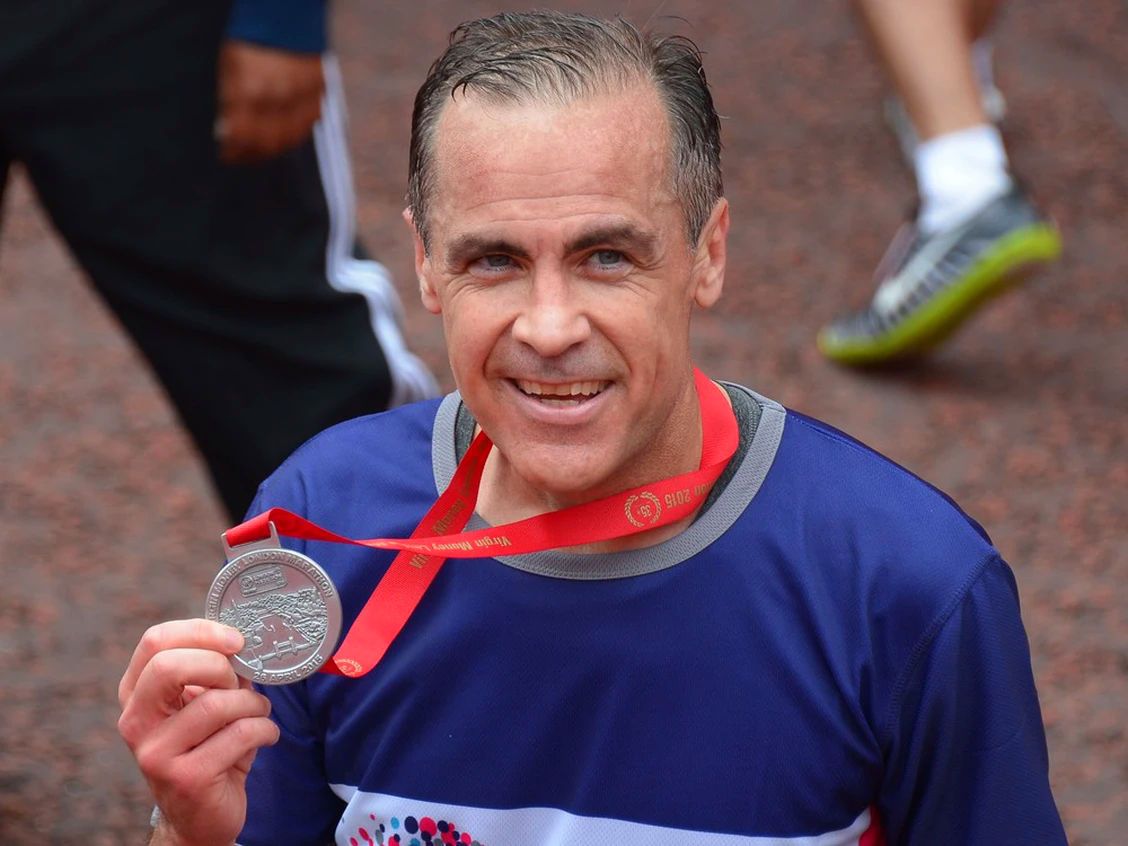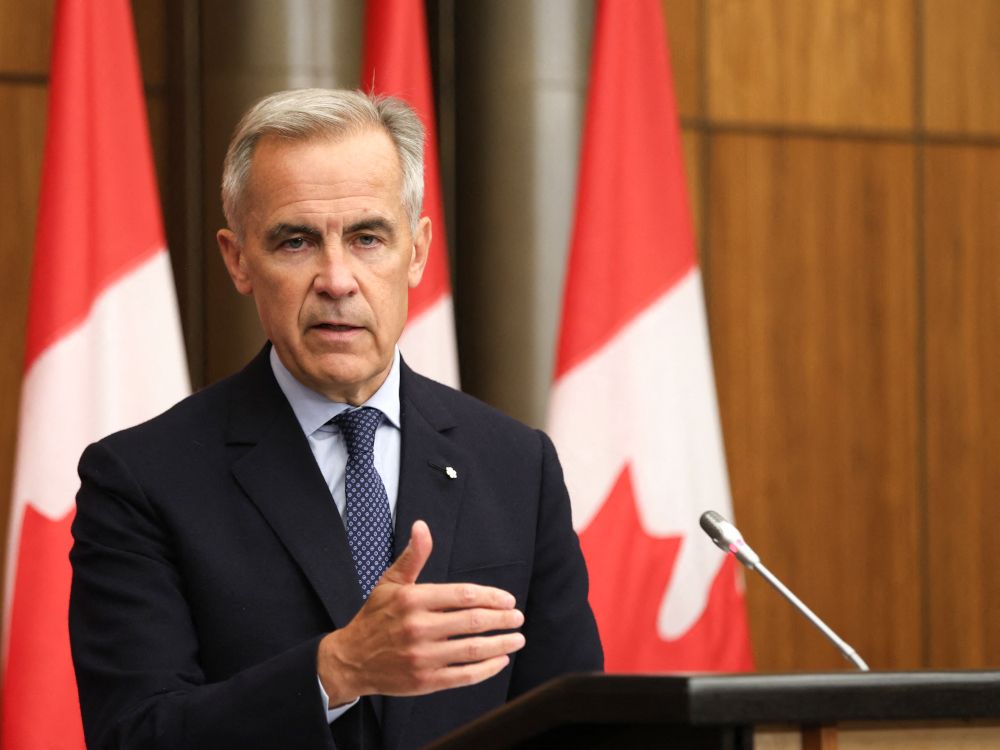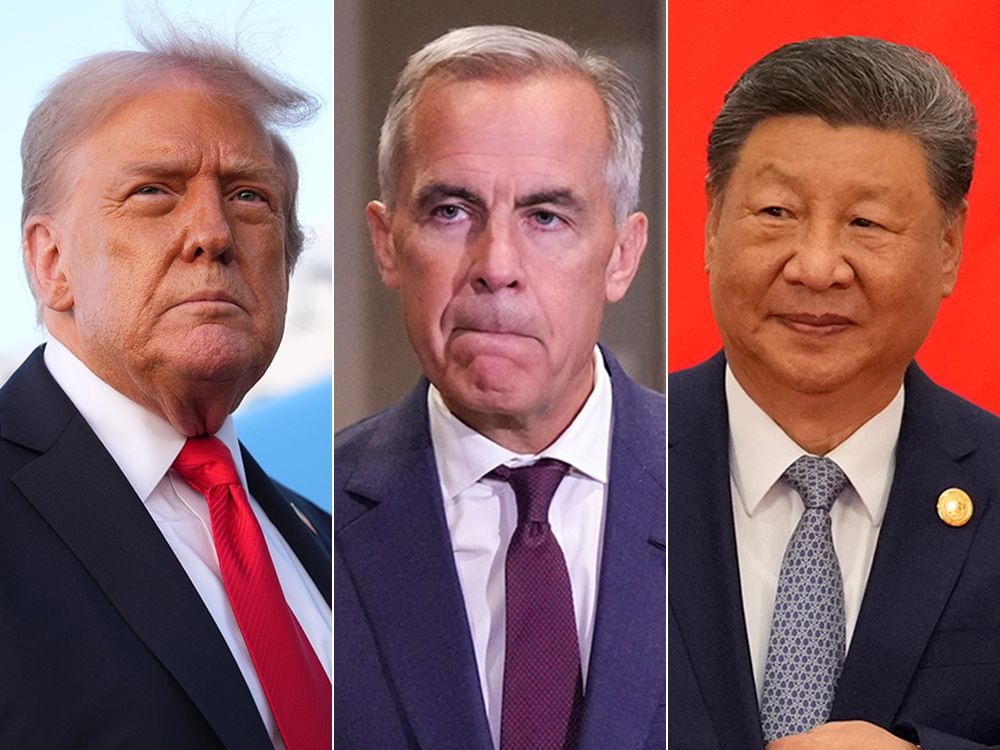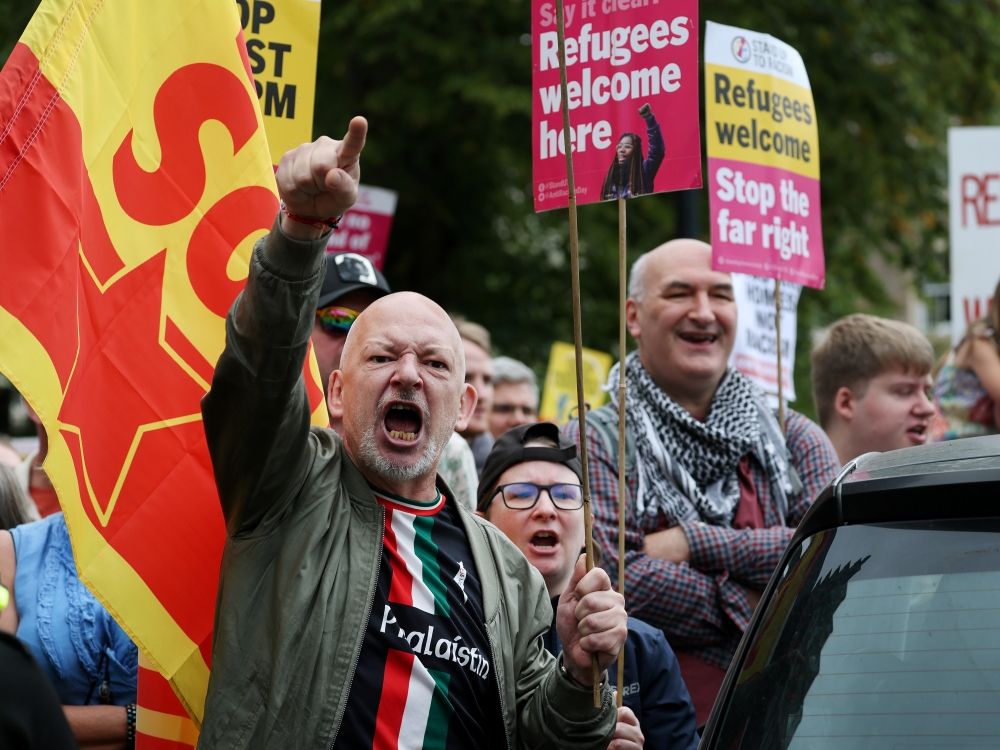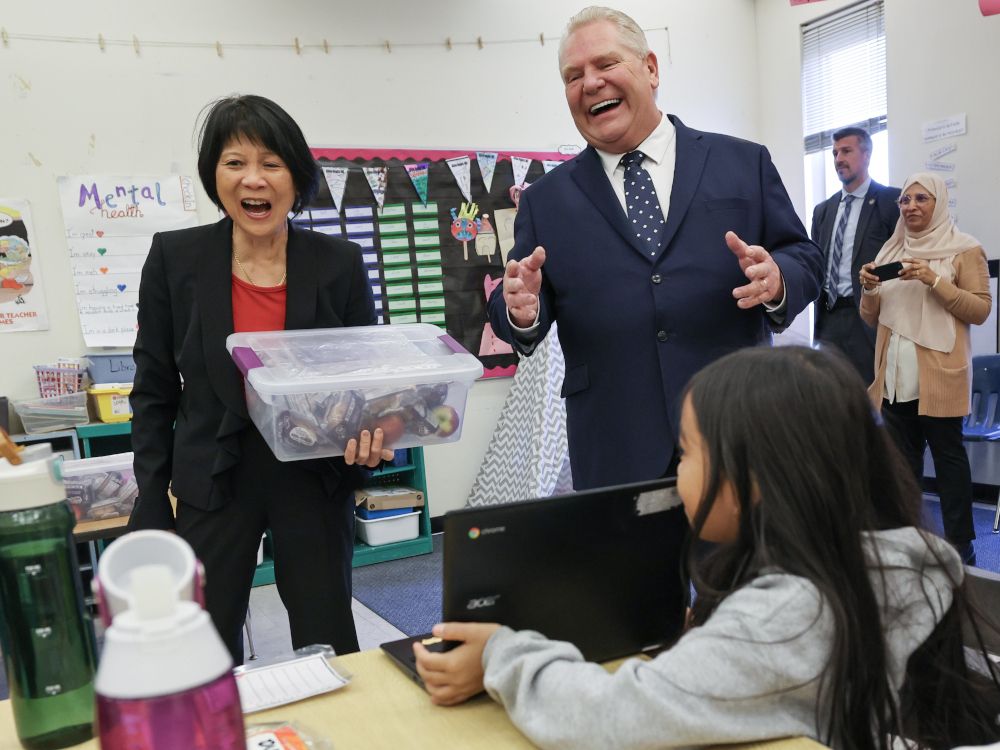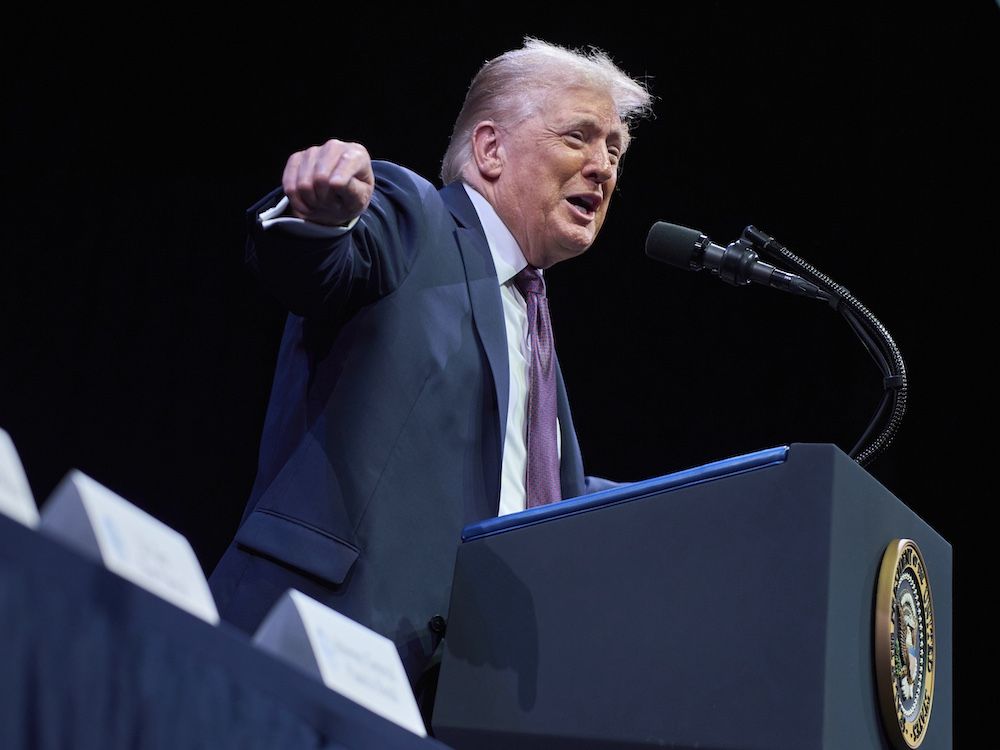
One of the peculiarities of current American politics is that President Donald Trump has managed to start a trade war with the entire planet on his own, with no specific authorization from Congress. Massive hikes in tariffs, reductions, delays, and threats have all been based on squint-hard-and-you’ll-see-it interpretations of legislation originally meant to limit presidential emergency powers. So far, judges haven’t been able to squint that hard; a federal appeals court recently agreed with an earlier ruling that the International Emergency Economic Powers Act (IEEPA) doesn’t say what the administration claims, though the decision is stayed until the U.S. Supreme Court weighs in.
It’s a timely decision, with the U.S. adopting third world-style tariff rates.
Back in April, President Trump declared a “
national emergency
” based on his administration’s finding that “underlying conditions, including a lack of reciprocity in our bilateral trade relationships, disparate tariff rates and non-tariff barriers” and more “constitute an unusual and extraordinary threat to the national security and economy of the United States.” In inflicting huge changes on world trade, the president invoked powers he alleged had been granted by federal legislation, especially IEEPA. That, he claimed, was grounds for imposing,
suspending
,
modifying
, and
delaying
tariff rates that jacked the old average rate up from roughly 1.5 per cent to 19.4 per cent,
according
to the Tax Foundation.
That is, that’s the rate for now if it sticks. In May, the U.S. Court of International Trade
ruled
that it “does not read IEEPA to confer such unbounded authority and sets aside the challenged tariffs imposed thereunder.”
The administration immediately appealed, of course. After all, President Trump has touted tariffs for years as the key to prosperity. In February, at the Conservative Political Action Conference, he
insisted
the U.S. was wealthiest relative to the rest of the world “from 1870 to 1913. That was our richest because we collected tariffs from foreign countries that came in and took our jobs and took our money, took our everything, but they charged tariffs.”
That’s quite a contrarian take given that over 2,000 economists signed a
statement
pointing out that “overwhelming economic evidence shows that freedom to trade is associated with higher per-capita incomes, faster rates of economic growth, and enhanced economic efficiency.” Trump’s claimed authority has provoked similar pushback and not just at the Court of International Trade. At the end of August, that ruling was upheld by the U.S. Court of Appeals for the Federal Circuit.
In a
7-4 decision
, the majority of judges wrote, “we agree that IEEPA’s grant of presidential authority to ‘regulate’ imports does not authorize the tariffs imposed by the Executive Orders.” The majority noted that past statutes regarding presidential authority in tariff matters have always been very specific as to what the chief executive can and can’t do with a
responsibility assigned to legislators
by the Constitution. “It seems unlikely that Congress intended, in enacting IEEPA, to depart from its past practice and grant the President unlimited authority to impose tariffs.”
But, while the appeals court found the imposition of tariffs to exceed presidential authority, it vacated the Court of International Trade’s universal injunction against the tariffs and sent the case back to the lower court for reconsideration of the scope of the injunction. That effectively leaves the tariffs in place until the Supreme Court, almost certainly,
hears the administration’s appeal
.
Forecasting Supreme Court decisions is a suckers’ game, but the
smart money
suggests the justices will at least trim the president’s sails if not wholly rule against him. After all, as I’ve
written before
, IEEPA was passed by Congress in 1977 after the
Congressional Research Service
(CRS) found the United States had been in a declared state of emergency for over 40 years. IEEPA along with the National Emergencies Act were intended to curb presidential emergency powers, not expand them to include absolute authority over trade policy.
The Tax Foundation, which puts the current average applied tariff rate at 19.4 per cent,
estimates
that if the Supreme Court upholds the lower court rulings against unilateral presidential trade authority, American tariffs would top out at an average of 6.3 per cent. That’s still well above the prevailing rate before the current trade war, but it’s a lot more palatable than double-digit figures for those of us who believe that international trade, like domestic commerce, should be as unburdened as possible by government restrictions and impositions.
There’s a lot at stake here, and not just for the flow of raw materials and finished products around the world. Free trade builds prosperity, and barriers to it hamper the creation of wealth. A world with high trade barriers will be a poorer world.
In a
recent report
, Canada’s Fraser Institute points out that high-income countries generally have low tariffs, and low-income countries have high tariffs.
“In the high-tariff countries, average GDP per capita is just $9,703 per year,” write authors Robert A. Lawson of Southern Methodist University and Fraser’s own Matthew D. Mitchell, referencing U.S. dollars. “In low-tariff countries, it is $43,502 per year.”
At its pre-trade war, low-tariff rate, the U.S. was in the company of countries like Singapore, Hong Kong, Australia, and New Zealand, according to the report. An average tariff rate of 19.4 per cent ranks the U.S. amongst the likes of Zimbabwe, the Republic of the Congo, Egypt, and Tunisia.
Higher tariffs would also bump the U.S. from 56th place to 76th place for trade freedom in Fraser’s
Economic Freedom of the World (EFW) index
and cause the country to fall in overall economic freedom from fifth
place to 10
th
. It’s worth emphasizing that economic freedom correlates even more closely than tariff rates with prosperity. Capitalist countries with free economies let their citizens get wealthier and healthier, while the lack of such freedom keeps people poor and miserable.
In 2016, economist Deirdre McCloskey
observed
that the human flourishing of the last few centuries can be attributed to “liberalism, in the free-market European sense.” That includes social and political freedom too, of course, which tends to
go hand in hand
with the economic liberty to engage in trade.
President Donald Trump’s obsession with tariffs has disrupted world trade, upset partners, and threatened impoverishment. Fortunately, the whims of one man aren’t the final word.
National Post




